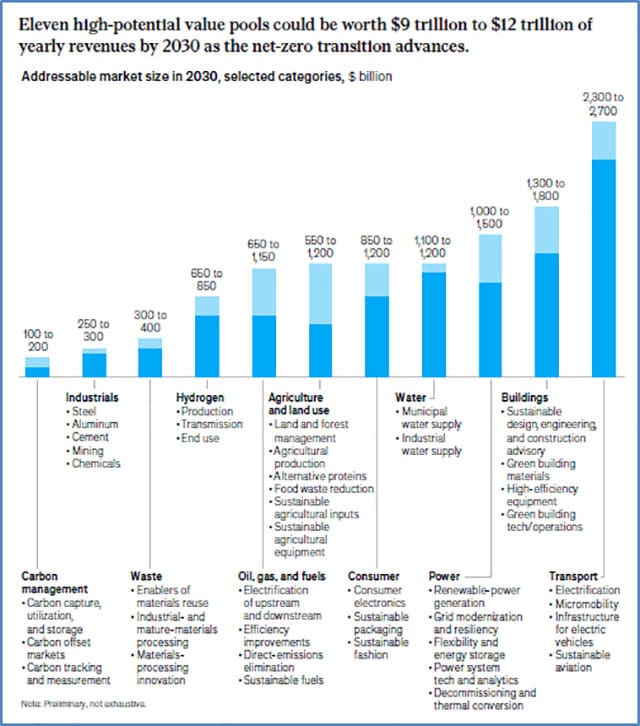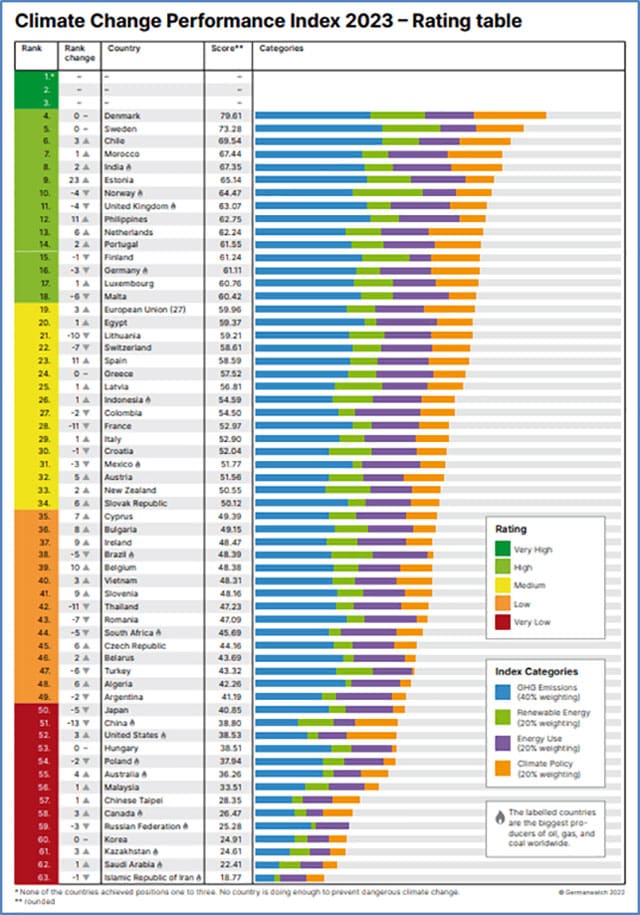Public awareness and engagement are crucial for driving the transition to a net-zero emissions future
 Achieving net-zero emissions is a critical goal in the fight against climate change. It refers to the balance between the amount of greenhouse gases (GHG) emitted into the atmosphere and the amount removed. To reach net-zero, a comprehensive set of energy transition actions is required:
Achieving net-zero emissions is a critical goal in the fight against climate change. It refers to the balance between the amount of greenhouse gases (GHG) emitted into the atmosphere and the amount removed. To reach net-zero, a comprehensive set of energy transition actions is required:
- Across most sectors of the economy.
- By almost all nations of the world.
- With leadership from various multi-national organizations.
This article is part 3 of a three-part series. Click What actions will achieve net-zero GHG emissions? to read part 1. Click Key strategies to achieve net-zero emissions to read part 2.
Public awareness and engagement
Building public awareness and support for climate action is essential. Governments, civil society organizations, and educational institutions should undertake widespread public outreach campaigns to communicate the following:
- The urgency of climate change.
- The benefits of transitioning to a net-zero emissions future.
- Individual actions people can take to reduce their carbon footprints.
- Correcting the significant amounts of misleading and erroneous assertions about climate change, the energy transition and the meaning of net-zero.
In the chart below, McKinsey identifies eleven broad areas of opportunity that will grow as the energy transition to net-zero advances.

Source: Four front-foot strategies to help create value in the net-zero transition, McKinsey, September 2, 2022,
The discussion around addressing climate change through the energy transition has focused almost entirely on cost, disruption, and finding someone to blame. The potential benefits of achieving net-zero have received little air time to date. It’s as if saving the planet is considered insufficient.
International co-operation
Addressing climate change requires global cooperation. Air circulation and water courses do not respect country boundaries. Progress toward net-zero will be faster when countries collaborate to share best practices, exchange technology, and provide financial and technical assistance. International agreements like the Paris Agreement (COP) provide a framework for countries to work together and achieve their climate ambitions.
The chart below shows how well each country performs against its international climate change commitments.

Source: Climate Change Performance Index for 2023, Germanwatch, NewClimate Institute & Climate Action Network.
Collaboration is always good. However, some countries use gaps in collaboration as a convenient excuse to delay transition action they could take independently.
Transitioning to net-zero with social equity
To maintain social support for transitioning to a net-zero emissions future, minimizing inequities imposed on affected workers and communities is crucial. The transition will cause job losses and spawn new industries with new employment opportunities. Maintaining social equity involves providing the following:
- Retraining programs.
- Income support.
- Job opportunities in new industries, including clean energy industries.
Some have promoted the idea that we should use the transition to redress various social issues and inequities. This idea will likely slow the transition as efforts to increase its scope will lead to more disagreements and require more consultation and resources.
Achieving net-zero emissions requires a comprehensive approach encompassing all economic sectors and all nations. It demands ambitious, even daunting, actions to decarbonize the energy sector, electrify transportation, improve energy efficiency, promote sustainable land use and agriculture, decarbonize industries, phase out fossil fuel subsidies, invest in research and innovation, foster international cooperation, raise public awareness, and ensure a just transition.
By implementing these measures collectively and urgently, we can make significant progress toward mitigating climate change and securing a sustainable future.
Yogi Schulz has over 40 years of information technology experience in various industries. Yogi works extensively in the petroleum industry. He manages projects that arise from changes in business requirements, the need to leverage technology opportunities, and mergers. His specialties include IT strategy, web strategy and project management.
For interview requests, click here.
The opinions expressed by our columnists and contributors are theirs alone and do not inherently or expressly reflect the views of our publication.
© Troy Media
Troy Media is an editorial content provider to media outlets and its own hosted community news outlets across Canada.

